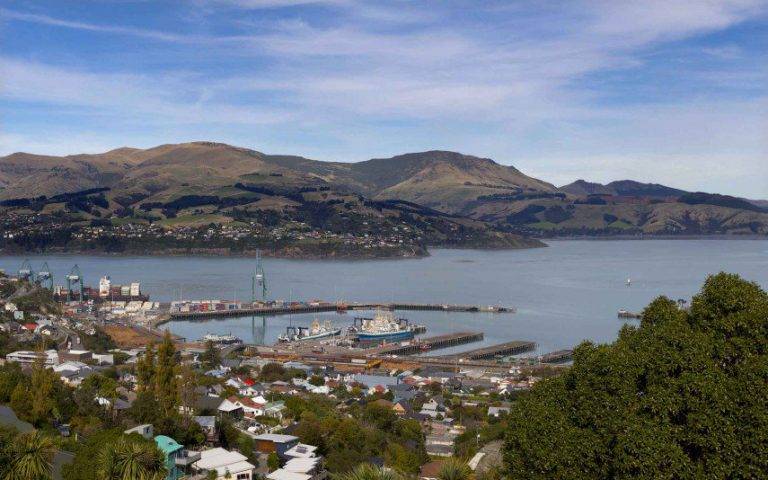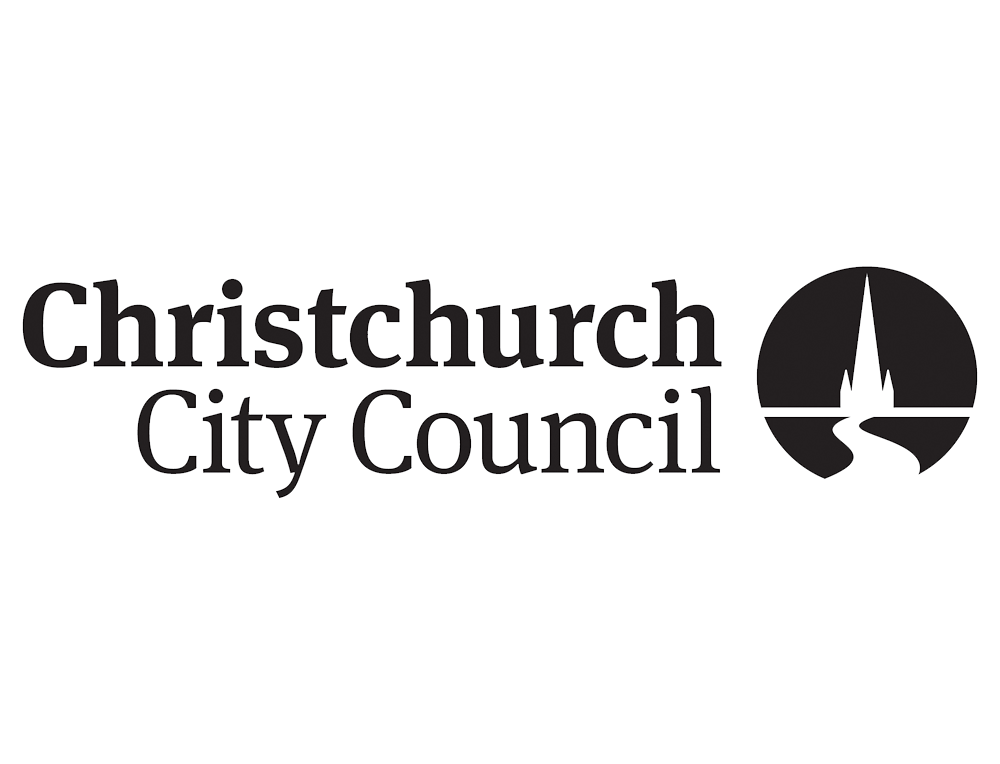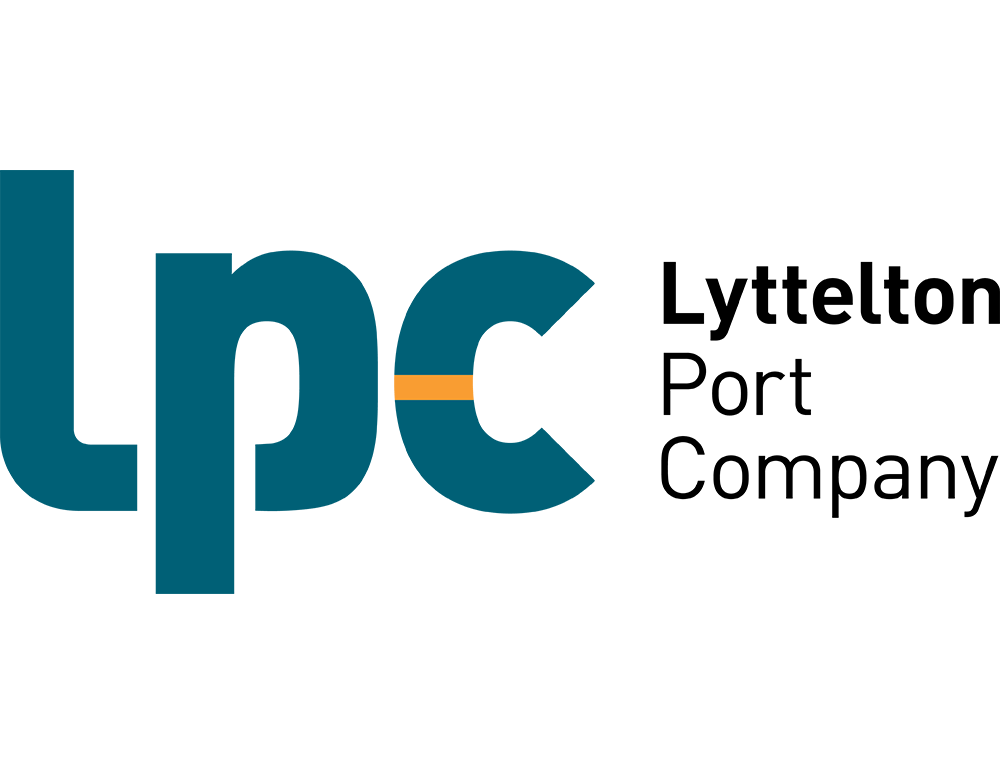A trial is under way to see if roadside plantings can help reduce the amount of sediment ending up in Lyttelton Harbour.
Banks Peninsula’s hilly terrain is covered by a windblown sediment that when exposed to rain and wind is easily eroded and washes into the many small streams that feed into the harbour.
The Whakaraupō Road Cutting Trial is looking at ways to lessen the amount of sediment reaching the harbour’s waterways because it’s having a negative impact on the health of the harbour.
“The harbour’s water quality is deteriorating as a result of too much sediment getting in,” says Christchurch City Council Head of Strategic Policy Emma Davis.
“The exposed soil on the sides of our roads is vulnerable to erosion from wind and rain, which means tonnes of sediment ends up in our harbour every year,” Ms Davis says.
By encouraging vegetation to grow and cover the bare ground and slopes beside the roads, the team behind the trial hope to dramatically reduce the amount of sediment getting into the harbour.
“Our team are trialling various ways to use vegetation to cover the bare soil and reduce roadside erosion,” Ms Davis says. “This includes applying a mixture of water, paper pulp and hardy grass seeds and plant species able to cope with the harsh growing conditions.
“By trialling different methods, we’ll find out what works best for our unique Banks Peninsula environment and ultimately, help restore the health of Lyttelton Harbour.”
The results of the trial will help Council make better decisions on how it designs and maintain the Peninsula’s roadsides. Private property owners may also find the study results useful for managing sediment runoff from their properties.
The Whakaraupō Road Cutting Trial is being run alongside the Whaka-Ora Healthy Harbour Plan to restore the cultural and ecological health of Lyttelton Harbour.
The trial will run until 2021 and is a collaboration between the Council and Environment Canterbury with technical input from EOS Ecology and Landcare Research.






